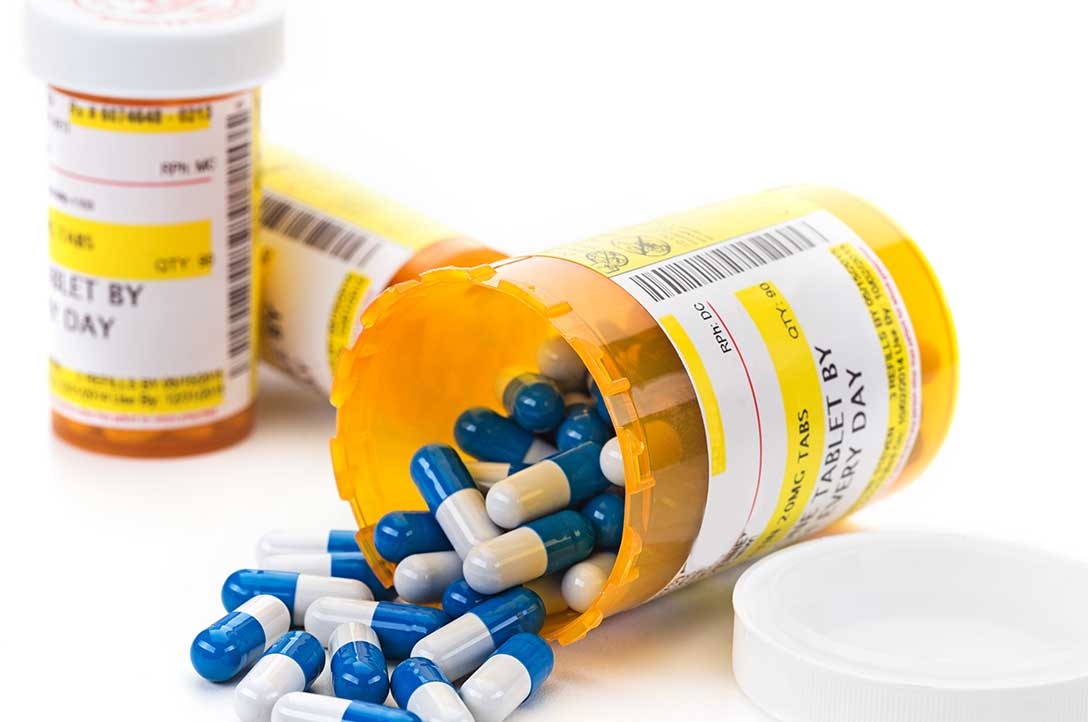Modafinil, a wakefulness-promoting agent commonly prescribed for conditions like narcolepsy, has a unique legal standing in Thailand. While not classified as a narcotic or psychotropic substance, its unregistered status imposes specific restrictions on possession, importation, and sale.
Legal Classification of modafinil in Thailand
In Thailand, modafinil is not listed under the Narcotics Act B.E. 2522 or the Psychotropic Substances Act. Instead, it is considered an unregistered medication. This means it is not approved for sale or prescription within the country, and Thai doctors cannot legally prescribe it. Consequently, modafinil is generally unavailable in Thai pharmacies, especially outside major tourist areas .
Importation for Personal Use
Travelers may bring a personal supply of modafinil into Thailand under specific conditions:
- Quantity Limit: Up to a 30-day supply is permitted.
- Documentation: A valid prescription or medical certificate from a licensed physician is required. This document should include the traveler’s name, diagnosis, and details of the prescribed medication.
It is advisable to carry this documentation when entering Thailand to avoid potential legal issues.
Purchasing Modafinil in Thailand
Due to its unregistered status, modafinil is not legally sold in Thai pharmacies. However, anecdotal reports suggest that some pharmacies in tourist-heavy areas like Bangkok, Pattaya, and Chiang Mai may offer generic versions without a prescription. These sales are technically illegal, however it works the way it works.
Possessing or importing modafinil without proper documentation can lead to legal consequences. While enforcement may vary, penalties for unauthorized possession of unregistered medications can include fines. Therefore, it is crucial to comply with Thai regulations when bringing modafinil into the country.
Which modafinil like drugs are also available in Thailand?
In Thailand, the treatment of Attention Deficit Hyperactivity Disorder (ADHD) primarily involves the use of stimulant and non-stimulant medications. The most commonly prescribed medications include methylphenidate-based drugs, such as Ritalin and Concerta, as well as the non-stimulant atomoxetine (Strattera).
Stimulant Medications
- Methylphenidate (Ritalin, Concerta): Methylphenidate is widely used in Thailand as a first-line treatment for ADHD. Ritalin is the immediate-release form, while Concerta offers an extended-release formulation. These medications are available by prescription and are commonly prescribed by healthcare providers for both children and adults with ADHD.
It’s important to note that other stimulant medications, such as amphetamine-based drugs like Adderall, are classified as Type 1 Narcotics in Thailand and are strictly prohibited.
Non-Stimulant Medications
- Atomoxetine (Strattera): For individuals who may not tolerate stimulants well or have contraindications, atomoxetine serves as an alternative. It is a selective norepinephrine reuptake inhibitor and is available in Thailand by prescription.
Availability and Access
These medications are typically available in major hospitals and pharmacies across Thailand. However, availability may vary, and it’s advisable to consult with a local healthcare provider for guidance on obtaining these treatments.
While modafinil is not classified as a controlled substance in Thailand, its unregistered status imposes strict limitations on its possession and sale. Travelers should ensure they carry no more than a 30-day supply and have appropriate medical documentation. Purchasing modafinil within Thailand is generally may not legal, and attempting to do so carries potential legal risks.
Disclaimer: This information is intended for general guidance and does not constitute legal advice. Laws and regulations may change, and enforcement can vary. For the most current information, consult the Thai Food and Drug Administration or a legal professional.
